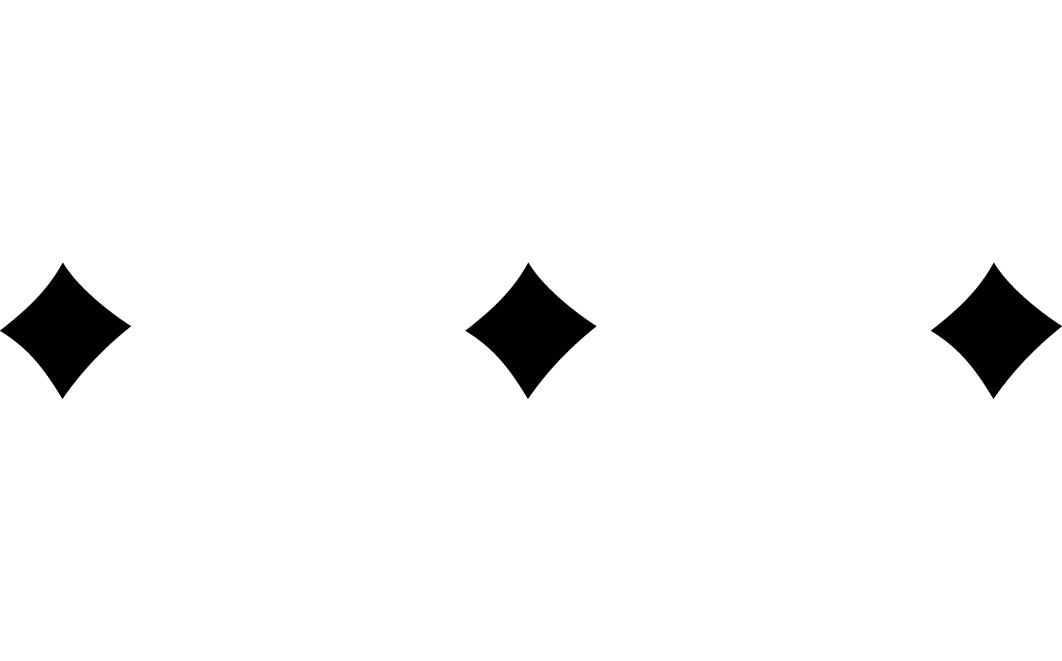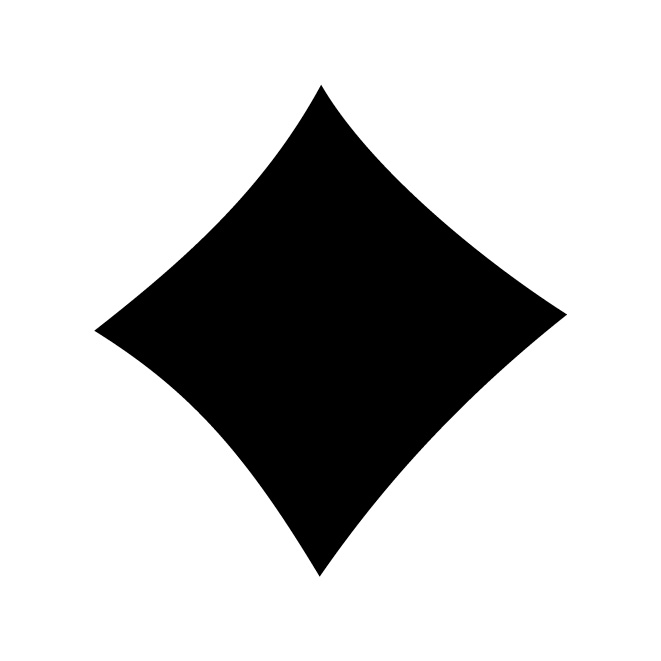IV

Supper. A slip of the hand. The bowl that teeters before it breaks. And pottage, like the droppings of a large bird, spills across the floor. Without a word, her mother hands her a cloth. She doesn’t meet Joan’s eye, and Joan wants to tell her, If it were my child that was dead and less than a month gone, I wouldn’t take it as quietly as you do. But at the edge of their vision, her father has already stood and is stamping in her direction.
If her shoulder flinches, it is because Jacques is jabbing it and bellowing oaths into her ear. The oaths, the curses have not changed since she was a girl of ten. He bawls, as from years ago: Why don’t you go drown yourself? If only he could find a sack big enough to fit her. There might have been a sack big enough, she thinks, when she was ten. There isn’t one now.
But then she stands. For a moment, his eyes flick over the whole of her, which takes a moment. She is a full head taller, and her shoulders are just as broad as his, her chest flat, her arms and legs longer. And she does not have a paunch like he does.
Between them is the spilled pottage. Her head is still swimming in grief—Catherine dead, her uncle gone—but she thinks she hears him instruct her to eat what is on the ground, what she has spilled, so that it does not go to waste.
There was a time when she would have done this. That time, however, has passed.
In the middle of swearing, he falters. His words skip and trip over themselves. She watches his face twist into a grimace and his hands fly to his chest as if he feels a sudden pain. She recognizes the motion, and her own heart softens. It is the first time she wants to throw her arms around him—and not to wrestle, to squeeze, or to wound.
She watches him blink back tears. He sniffs, and her brothers and her mother look away.
He says, in a barely coherent mumble, “The wrong daughter died.”
She wants to say, I agree.
“See how I am left,” he continues.
She wants to say, See how we are all left.
But the moment is over. He straightens, and he is again Jacques d’Arc. Indomitable. Unrelenting. The finger returns to her shoulder. The jabbing doesn’t hurt. It’s just irritating, and she wants it to stop. She takes her father’s hand. She won’t pretend it doesn’t give her pleasure to hear him gasp. She shoves him away—gently.
It’s as she reaches for the cloth on the table to clean up the mess that the blow lands: a backhanded slap across the mouth. A pause. Then the front of her father’s tunic is in her hands, and he is wriggling like an eel. She hears her mother and brothers shouting, “Put him down, Joan, put him down!”
When she releases him, he staggers. His huge bulk does a drunken dance and trips into the opposite wall.
She throws the cloth onto the puddle on the floor. She doesn’t have to say, Clean it up yourself.
Her arms are shaking as she leaves. In her grip, her father’s feet dangled, and she didn’t even have to try. She is thinking of her own strength. She is thinking, There is nothing here for me anymore.
When she returns the next morning, she finds Jacques sitting at the table, tossing a pouch between his hands. On one side of his head is a small bump. Otherwise he appears himself: scowling and in bad temper. He has been waiting for her to come back.
They do not speak; they do not bid each other a halfhearted, embarrassed good morning. She watches as her father empties the pouch and coins drop out in a sharp, ringing clatter, the noise too loud in the silence between them. Ten in all.
He counts the money slowly, so she can see each coin and know he isn’t playing a trick, not slipping one into his pocket or tucking two up his sleeve. When he has finished, he returns the money to the pouch, refastens the string, and pushes it toward her.
“My brothers? My mother?” Joan says. She tries to keep her voice steady, but her throat tightens.
“Working,” her father replies.
He stands. Briefly they look at each other. “Catherine will be missed,” he says. “You won’t.”
He leaves the room. The door swings shut behind him.
She takes the pouch, recounts the coins (in dealings with Jacques, it is better to be sure), and pockets the money.
A single road leads out of the village, and it is still early. She will miss Hauviette’s wedding, only a few days away. Her friend is marrying a widower from another village who has bad teeth but many acres of good land and two small children who need a mother to watch over them. But Joan was never one for weddings or wedding feasts.
She is walking through the story of her life, past the stream into which she pushed boys, the tormenters of songbirds. The walls she fixed, the roofs. The Faerie Tree and, in the distance, the Bois Chenu. She sees, too, what her life could have been. There, six years from now, in the meadow: a child running and Joan in pursuit while Catherine stands a little apart, watching them. Her arms catch the child, swinging the small body off the ground from behind. “Careful!” her sister calls. And she thinks there is a little dog—some stray they found shivering in a ditch, wrapped up, and saved. Another Salaud, though they won’t name it Salaud, because now there is a child in the house. She hears the dog bark, and the sound flies straight to her heart. She stops. It takes effort to hold back tears.
At her feet, something slides past. Fur brushes her ankle, and she nearly trips.
It is Matagot, slipped out of a tree and come to see her off. The cat, tail twitching, allows itself to be held one last time. As she strokes its fur, she hears Catherine’s voice: “Now go, Joan.”
She remembers how she picked up Saint Margaret’s fallen head from the ground and studied it, tracing her fingers over eyebrows, eyes, cheekbones, nose, and chin. The book of saints will tell you Margaret’s story. It will tell you where she came from, a place called Antioch, and what happened to her: that after being cast off by her father for her Christian faith, she watched sheep, received a marriage proposal from a Roman prefect, turned the proposal down, and was tortured. Among her many trials was being swallowed by Satan.
“How did she get out?” she had asked the priest.
“With a cross she kept close to her,” he replied.
Joan thinks of this now, what it would be like to find oneself in the belly of Satan, one’s only tool a wooden cross small enough to cup in one’s hand. She has seen the insides of animals before: the entrails of a sheep, the bladder of a pig. So she wonders, How did Margaret find her way out? Through guts and blood. Through a labyrinth of intestine and pools of sulfurous bile. The book of saints doesn’t go into details, how long it would take for a cross—perhaps Margaret had sharpened the ends on a piece of bone she found in Satan’s stomach, remnants from a previous meal—to cut through skin and serpent scale.
But she imagines the moment when the saint emerged, crawling out, drenched from head to toe and sputtering. She imagines the first breath of air, how she, Margaret, would have filled her lungs with the scent of topsoil, how she would have looked at the sky, a single passing cloud, a common sparrow flitting to its next tree, in wonder.
Behind Joan, the village grows smaller, until the outlines of the cottages become a patch of muddy brown. She glances back only once; the slope of gray hills and pale-yellow fields have covered Domrémy. It no longer exists. She, Joan, takes a breath: a first breath in new air. She pauses to shake a stone out of her shoe. She walks.
